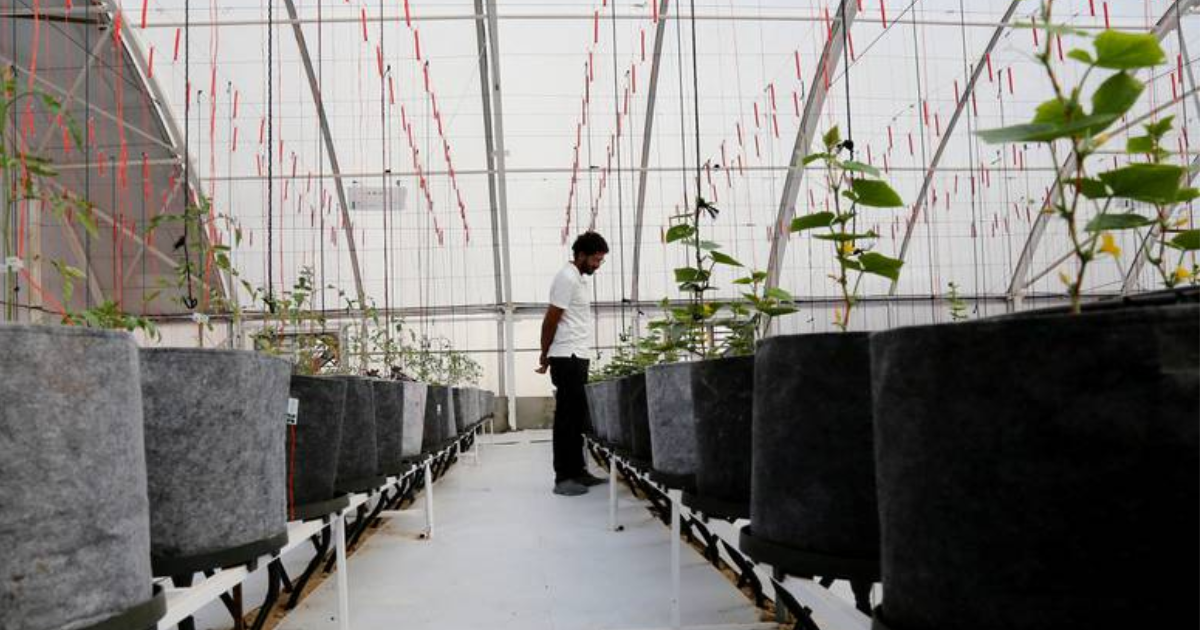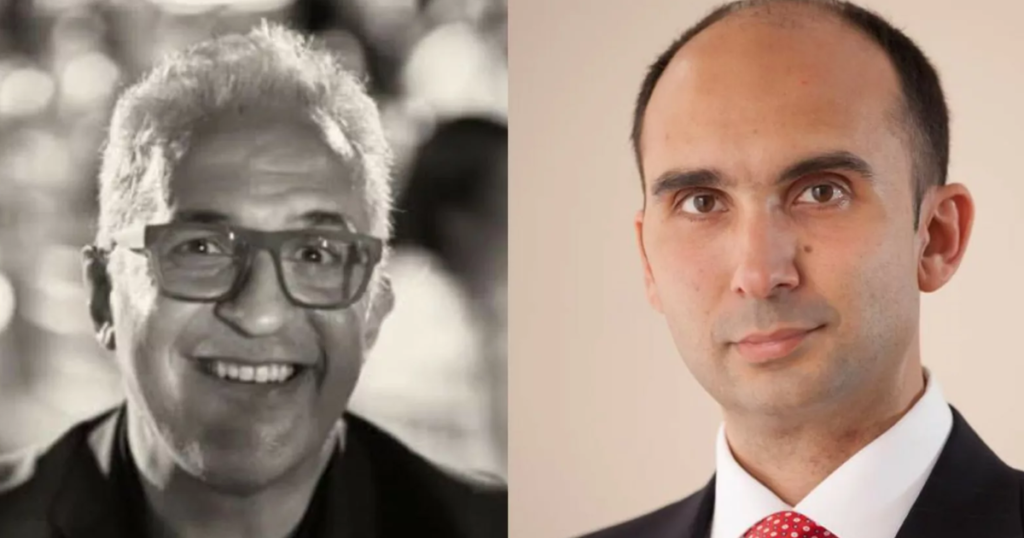Climate Resilience Fund Launches to Invest in AgriTech and ‘Nature-Positive’ Startups in MENA

Climate Resilience Fund has been launched to support startups that offer sustainable agricultural and “nature-positive” climate solutions across the MENA region. The fund’s general partners are Hossam Allam in Cairo and Sherief Kesseba in Copenhagen.
Hossam Allam, Climate Resilience Fund General Partner, commented on the launch, saying, “We have two lenses: technology-enabled and nature-enabled.” Precision farming, B2B farming marketplaces, and robotics are examples of opportunities to maintain or grow output despite climate shocks. The nature-enabled lens seeks ventures that tap into nature’s problem-solving genius, such as seawater farming, carbon capture through microbiology, insect proteins, and much more.”
Over the first two years of the fund, Allam and Kesseba intend to raise $25 million from investors and family businesses. The fund’s initial focus will be on Africa and the Middle East, with a 50% deployment in Egypt, with plans to expand into pan-African solutions and startups.
The fund also has “eyes for brilliant ideas,” so if a Danish startup wants to transform a component of Africa’s food system, the fund’s team will consider it.
The fund comes as Egypt prepares to host Cop27, the United Nations Climate Change Conference, in Sharm El Sheikh from November 6 to 18. In addition, the UNDP, EU, the Danish Embassy, the Swiss Embassy, and the African Climate Foundation recently signed a $6.2 million project to assist Egypt in hosting COP27 in November.
However, Allam argued that the Climate Resilience Fund should be established regardless of whether or not Cop27 is held in Egypt.
“It’s not just Cop27. Cop27 is critical, and it allows Egypt to stand out in the climate debate, but “there has been a turning point, a watershed moment in climate, which we’re seeing around the world,” he said.

Hossam Allam and Sherief Kesseba
AgriTech and Nature-Positive Solutions
For carbon capture, nature-enabled solutions include using insect protein, marine algae, and mangrove forestry. Insects, for example, can be used as animal feed to reduce emissions from feed production.
Precision farming techniques and online marketplaces that provide farmers with better access to customers are examples of technology-enabled solutions.
The fund is looking for start-ups that will help the land “return to its original function of balancing atmospheric carbons, supporting biodiversity, defending against weather shocks, and supporting livelihoods,” according to Allam.
The first check per start-up will range from $100,000 to $1 million; for those deemed high potential following the first investment, the amount will increase to between $500,000 and $1.5 million, and the third tier between $1.5 million and $5 million.
“We expect commercial returns on these investments while also delivering carbon offsets, reducing poverty, and improving natural balances,” Allam said.
So far, early supporters have included high-net-worth individuals in family offices, primarily in the Middle East.
He went on to say that the fund will run for eight years, which will be enough time for managers to acquire the companies.
“With climate coming to the forefront of the general public’s attention, these opportunities will begin to take their seat at the table as well,” he said.
“In this region, climate entrepreneurship is primarily focused on decarburizing through energy innovation, which is also an important space.” However, nature-positive solutions provide the same amount of carbon offset at a fraction of the cost and have a track record of 500 million years. The only impediment to scaling these solutions is entirely human-made: there is no widely agreed-upon ‘nature accounting’ to value the effort of more sustainable land use. The COP27 and 28 should make significant progress in this area, after which the carbon markets will transform and mature,” he added.
About Climate Resilience Fund’s General Partners
The Climate Resilience Fund’s two founders come from a variety of backgrounds, including business, real estate, venture capital, oceanography, and AgriTech.
Allam, who is based in Cairo, was most recently the CEO of Hassan Allam Property Management, the asset management division of the family-owned conglomerate Hassan Allam Holding. He is also the founder and chairman of Cairo Angels.
Mr. Allam worked as an environmental and commercial advisor for Shell Oil and Gas Company after receiving a bachelor’s degree in oceanography from the United Kingdom.
Kesseba has more than 20 years of experience in the AgriTech field and is currently based in Copenhagen, Denmark. Since its inception in 2002, he has served as non-executive chairman and board member of Nile Valley Group, an agricultural platform dedicated to producing and exporting a select basket of crops.
He also serves as an angel investor and mentors for Rockstart in Copenhagen, a global accelerator with over €60 million ($58 million) in assets under management. He recently founded worX, an AgriTech consulting and investment firm.
